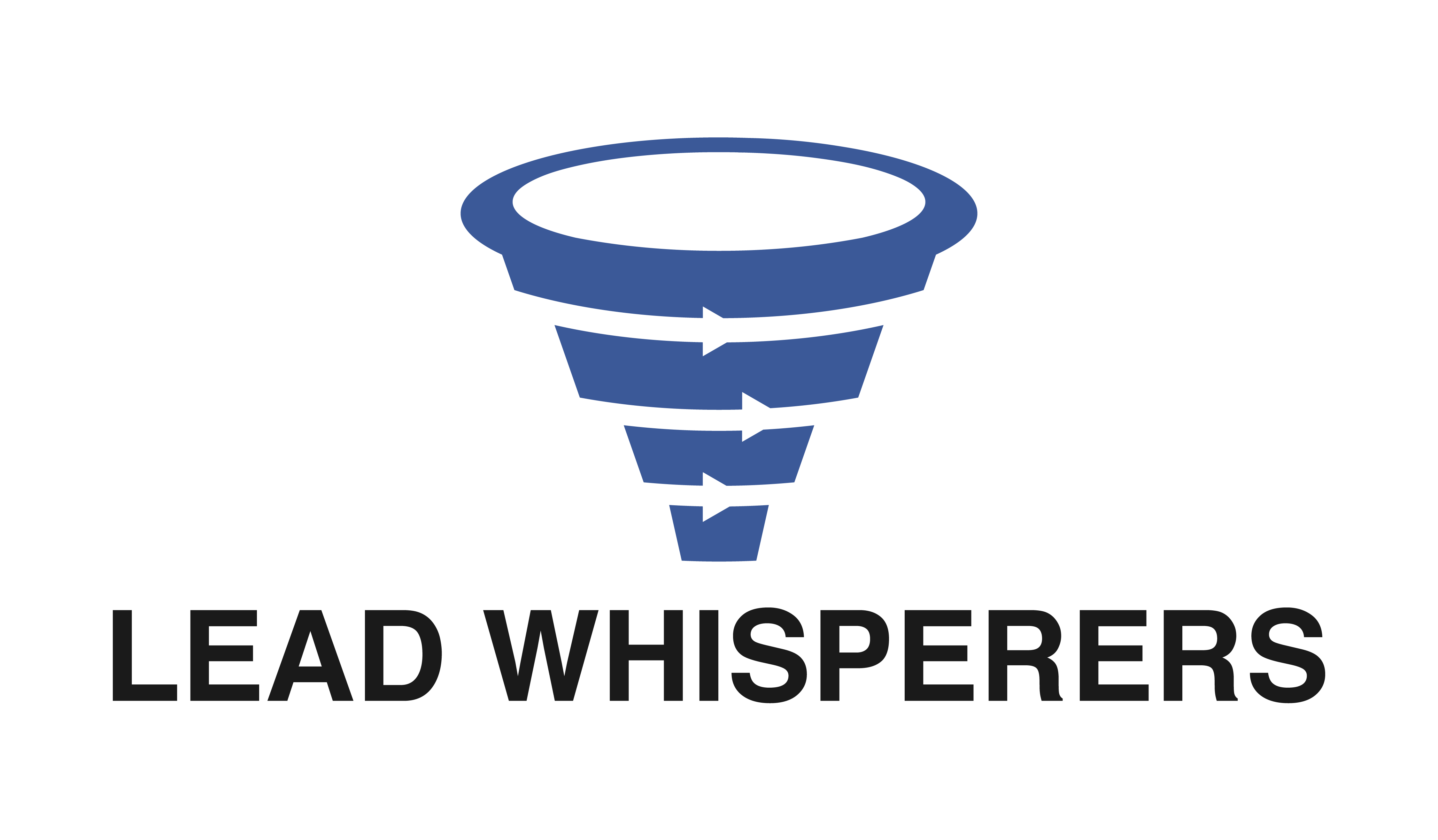In the highly competitive landscape of small and medium-sized businesses (SMBs), attracting leads is only half the battle. The true challenge lies in converting those leads into loyal customers, and this is where lead nurturing plays a pivotal role. Effective lead nurturing strengthens relationships with potential customers drives higher conversion rates, accelerates sales cycles, and boosts revenue.
This article explores why lead nurturing is crucial for SMBs and how businesses can implement strategies that yield tangible results.
What is Lead Nurturing?
Lead nurturing is building relationships with potential customers at every stage of their journey, guiding them from initial interest to making a purchase. It involves personalized communication, addressing prospects’ needs, and consistently offering value. By engaging with leads over time, businesses can establish trust, demonstrate expertise, and stay top-of-mind.
Why Lead Nurturing Matters for SMBs
1. Enhances Lead Conversion Rates
Leads often require time and multiple touchpoints before they are ready to make a purchasing decision. Research shows that nurtured leads make 47% larger purchases compared to non-nurtured leads. By providing consistent value and addressing their concerns, SMBs can move leads through the sales funnel more effectively.
2. Builds Trust and Credibility
For SMBs, trust is a significant factor in winning over customers. Lead nurturing enables businesses to position themselves as reliable and knowledgeable by sharing insightful content, success stories, and testimonials. Building this credibility helps reduce hesitation among prospects and boosts their confidence in choosing your services.
3. Reduces Sales Cycle Length
A well-executed lead nurturing strategy ensures that leads are educated and informed throughout their journey. This reduces the time required to close deals, as prospects have already addressed many of their questions and objections through the nurturing process.
4. Maximizes ROI from Marketing Efforts
Generating leads requires time, effort, and resources. Without proper nurturing, many of these leads go cold and result in wasted marketing spend. By nurturing leads, SMBs can maximize the return on investment (ROI) from their marketing campaigns, converting more leads into paying customers.
5. Fosters Long-Term Relationships
Lead nurturing goes beyond closing a sale. It lays the foundation for long-term relationships by maintaining engagement even after the purchase. Satisfied customers are more likely to become repeat buyers and advocates for your business, contributing to sustained growth.
Key Strategies for Effective Lead Nurturing
1. Segmentation and Personalization
Not all leads are the same, and a one-size-fits-all approach won’t work. Segment your audience based on factors like behavior, demographics, and stage in the sales funnel. Personalize your communication to address their specific needs and challenges.
Use email marketing tools to deliver tailored messages, ensuring that the content resonates with each segment. Personalized subject lines, product recommendations, and solutions can significantly increase engagement rates.
2. Multi-Channel Engagement
In today’s digital age, prospects interact with businesses across multiple platforms. Ensure your lead nurturing efforts are omnichannel, including email, social media, SMS, and even retargeting ads. A consistent presence across channels ensures better visibility and reinforces your messaging.
3. Value-Driven Content
Content is the backbone of lead nurturing. Create and share value-driven content that educates, informs, and engages your audience. Examples include blog posts, whitepapers, case studies, webinars, and infographics. Highlight how your products or services solve their pain points and add value to their lives.
4. Timely Follow-Ups
Timing is everything in lead nurturing. Implement automated workflows to send timely follow-ups, ensuring that you stay relevant without overwhelming your prospects. For instance, follow up after a webinar with a thank-you email and a related offer, or send a series of emails to guide leads through a trial period.
5. Use Automation Tools
Marketing automation tools like HubSpot, Mailchimp, or ActiveCampaign are invaluable for SMBs. These platforms allow you to create targeted campaigns, track lead behavior, and deliver personalized messages at scale. Automation saves time and ensures consistency in your nurturing efforts.
6. Monitor and Optimize Performance
Regularly analyze the performance of your lead nurturing campaigns. Track metrics such as open rates, click-through rates, and conversion rates to understand what’s working and what’s not. Use this data to refine your strategies and improve results over time.
Common Mistakes to Avoid
- Neglecting Follow-Ups: Leads who don’t receive timely responses often lose interest. Always follow up promptly.
- Overwhelming Prospects: Sending too many messages can annoy leads and drive them away. Maintain a balanced communication frequency.
- Generic Messaging: Avoid impersonal or irrelevant messages. Tailor your content to each lead’s preferences and stage in the funnel.
- Ignoring Data: Use analytics to understand lead behavior and optimize your campaigns accordingly.
The Role of Technology in Lead Nurturing
For SMBs, leveraging technology is essential for efficient lead nurturing. Tools like customer relationship management (CRM) systems help centralize lead information, track interactions, and segment audiences effectively. Additionally, integrating AI-powered solutions can further enhance personalization and automate repetitive tasks.
Incorporate lead nurturing into your business practices to turn potential customers into advocates for your brand. The investment of time and effort will pay off in sustained growth and success. Get in touch with us to learn more about how we can help your business excel in lead nurturing and achieve unparalleled results!


